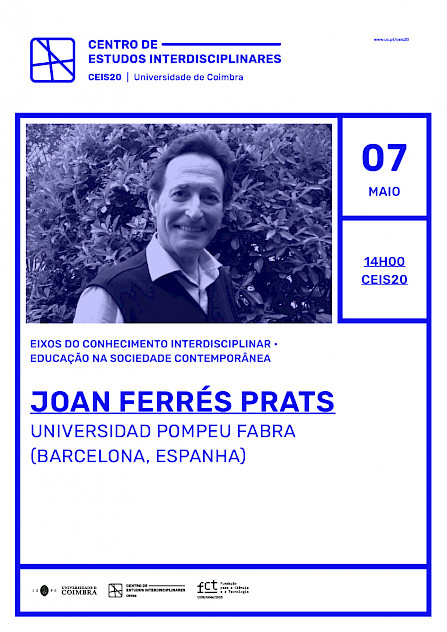Delfos como reto para la educación mediática (Delfos as a challenge for media education)
"The ultimate goal of media education, according to UNESCO, is to form critical minds. The design of its curriculum makes it clear that to achieve this, knowledge of the realities that interact with the mind in media experience is sufficient. It is not necessary to know how one's own mind works.
It is not reasonable that, almost thirty years after the Portuguese António Damásio resolved the Cartesian paradigm, media education is still dominated by a paradigm that is not faithful to the Conócete a ti mismo, the principle of wisdom established by the Delphic oracle 20 centuries ago.
In the age of social networks and the brain as a network of networks, we are not being true to Delphi if we don't revisit concepts such as critical thinking or the interactions between reason and emotion, between consciousness and unconsciousness, between the automatic and the deliberative circuits, between behaviourism and cognitivism".
Joan Ferrés Prats

Joan Ferrés Prats | Biography
Joan Ferrés Prats has a doctorate in computer science. He was a secondary school teacher and professor of audiovisual communication studies at the University of Pompeu Fabra, and is currently retired. He founded and directed the audiovisual department of Edebé in Barcelona for ten years, where he worked as a scriptwriter and producer of educational audiovisuals. He specialises in audiovisual communication and education and has worked mainly in the fields of media literacy, the relationship between media literacy and emotional literacy, and the search for a new style of educational and cultural communication.
His most recent publications include Educar en una cultura del espectáculo (Paidós, 2000), La educación como industria del deseo. Un nuevo estilo comunicativo (Gedisa, 2008) and Las pantallas y el cerebro emocional (Gedisa, 2014). Joan Ferrés Prats has coordinated research on the media literacy of Spanish citizens. He currently coordinates the project “Delfos en la era digital”.

